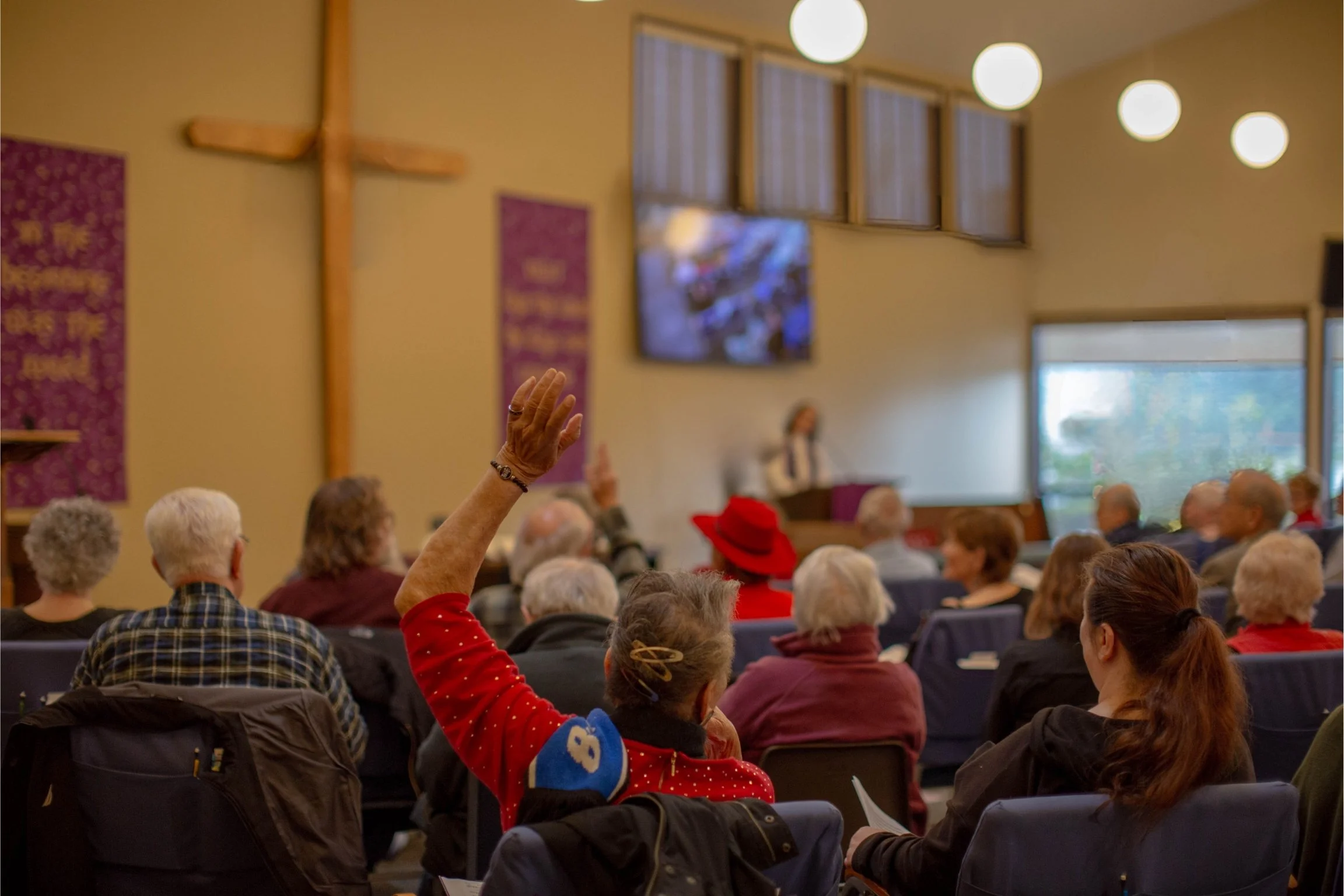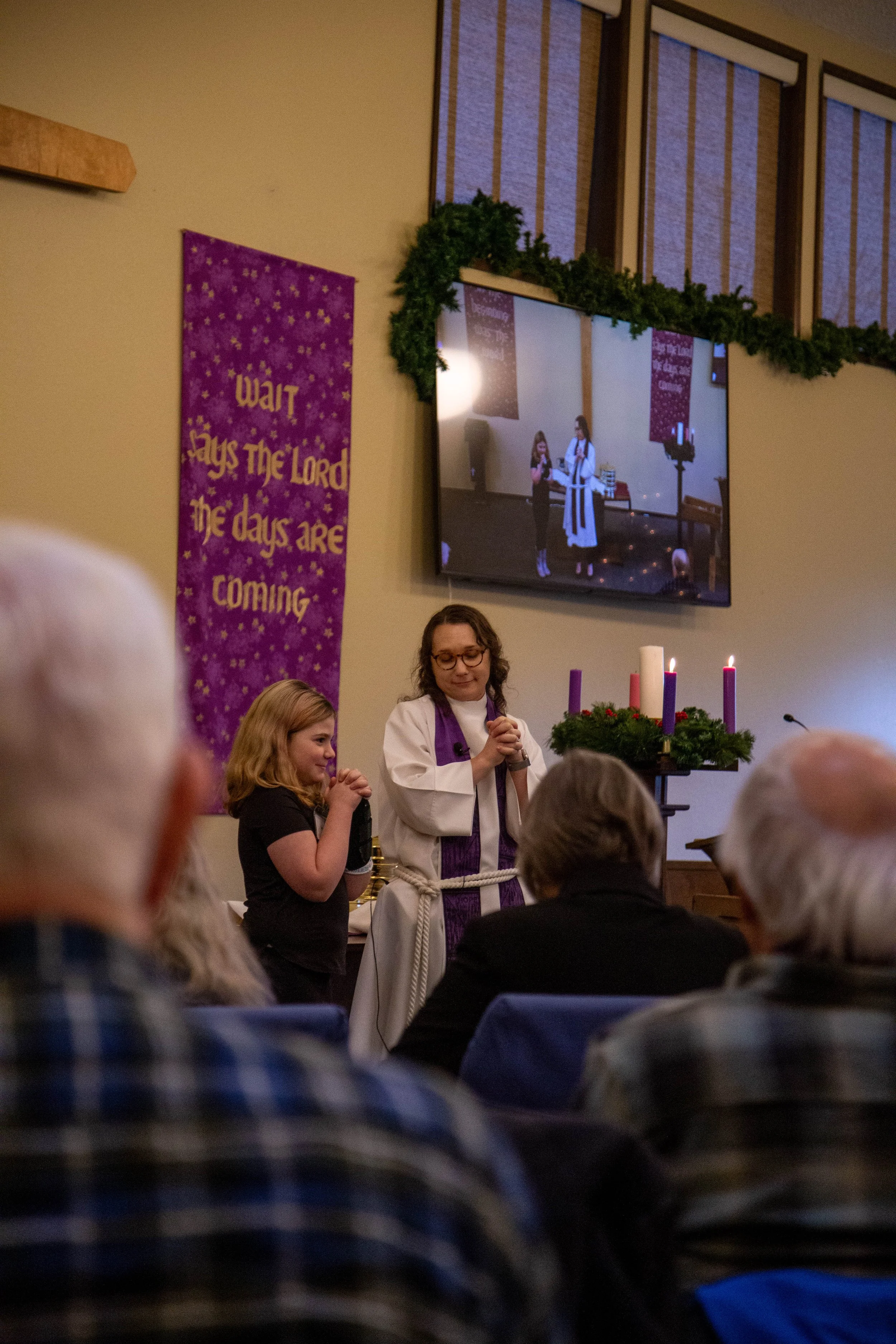
Seeking Christ’s Way & Welcoming All
“Proclaiming the Good News of God's love in Jesus Christ, we offer our lives in faithful worship, service and witness, accept all people and work for peace and for social justice.”
Join Us On Zoom
10:00 am Sunday Morning and Special Services
Event Calendar
Stay informed on upcoming events and functions
Service Archive
View past services and recordings




